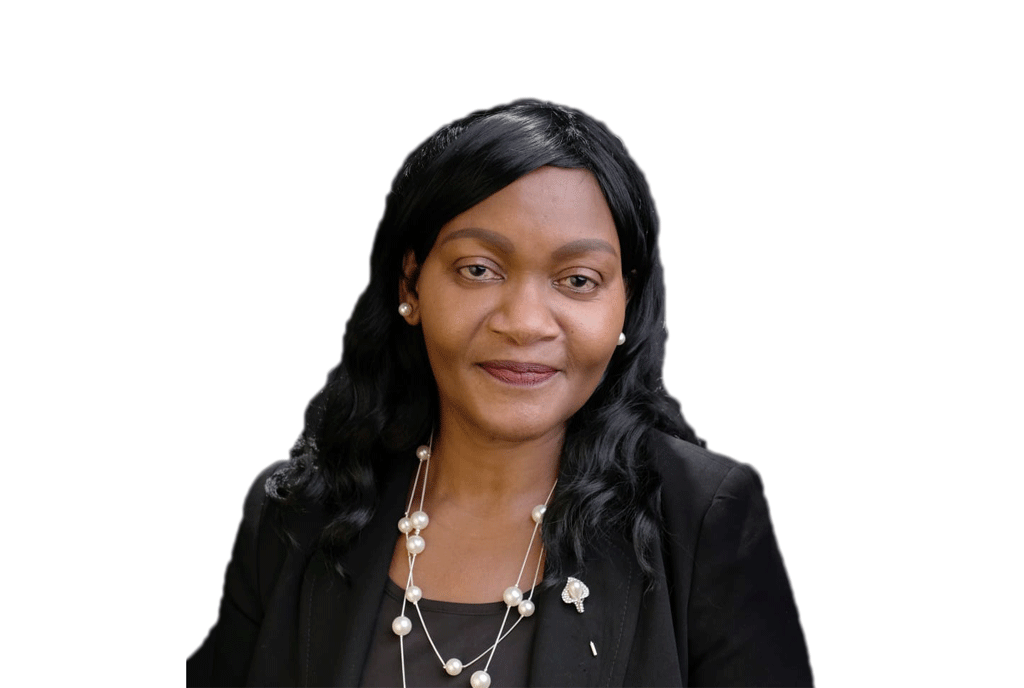Prime
Mental, spiritual health: Who is diagnosing?

Author: Angella Nampewo. PHOTO/FILE
What you need to know:
- Matters of the spirit are matters of the heart and mind.
Whenever I think about the church in relation to mental health, I remember a particular sermon on a fine Sunday many years ago. The church where this sermon took place shall remain unnamed. The sermon was about lost souls, which having failed to cross over to the other side, can sometimes wander the earth and end up dwelling on some mortals as the example in the sermon illustrated.
The long and short of it is that the relatives of a certain young person came to see the priest with a patient they believed was in need of deliverance. The person exhibited signs of mental ill-health.
The priest arrived at a spiritual diagnosis after talking to the patient. Apparently the spirits possessing the person spoke up and admitted to causing havoc in this particular patient.
As the priest told this story of exorcising the meddling spirits, the church congregation fell deathly silent. I could have given a lot just to read the thoughts running through everyone’s head at that moment. If I were to hazard some guesses, it was a stunned silence.
Matters of mental health are still a puzzle to many. The origin of mental breakdown is shrouded in mystery to a large extent and this is where religious leaders step in to provide answers. Many congregations and their leaders believe in and practise exorcism – the act of banishing or attempting to get rid of evil spirits.
Often when a person appears to be mentally ill or disturbed, one of the conclusions reached is that they are possessed by some thing or other. Prayers and deliverance sessions are prescribed or sought. If prayer is what calms one’s mind, even the medical professionals may not object. The trouble with this is that diagnosis on the spiritual dimension will vary depending on which religious intervention one seeks. One may get different answers after visiting different religious leaders.
As we discuss ways of dealing with growing ill-health, we need to factor in the spiritual aspects since houses of worship are often the first port of call when people begin to feel mentally unstable.
We cannot discount the authority that religious leaders wield in society. Worldwide, government officials have learnt to include religious leaders in their health campaigns for this very reason. Not only do spiritual leaders have the ability to provide counsel, there is always a good chance that they will be believed.
There is also a lot of stigma associated with seeking help for mental health problems. Hence it may feel more comforting for individuals and associated families to look for solutions in the relative safety and privacy of a religious institution rather than the state hospital or private rehabilitation centre where they have to deal with a label imposed by society.
There is nothing wrong with seeking comfort where one will, if it doesn’t infringe on anyone’s rights. However, perhaps it is time for the state to interest itself in the workings of religion as it relates to mental health. Can religious leaders be encouraged to act as a referral point for mental health challenges showing up at their doors?
Matters of the spirit are matters of the heart and mind. Spiritual challenges like mental health problems are not exactly easy to treat. It is hard for the ordinary mortals to draw the line where one starts and one ends. When one suspects malaria, there is a standard well-known procedure for getting help. The standard way to seek treatment for mental health challenges is not that well publicised and so one will drop into their place of worship if it feels like it could be a spiritual problem.
Ms Nampewo is a writer, editor and communications consultant
[email protected]




